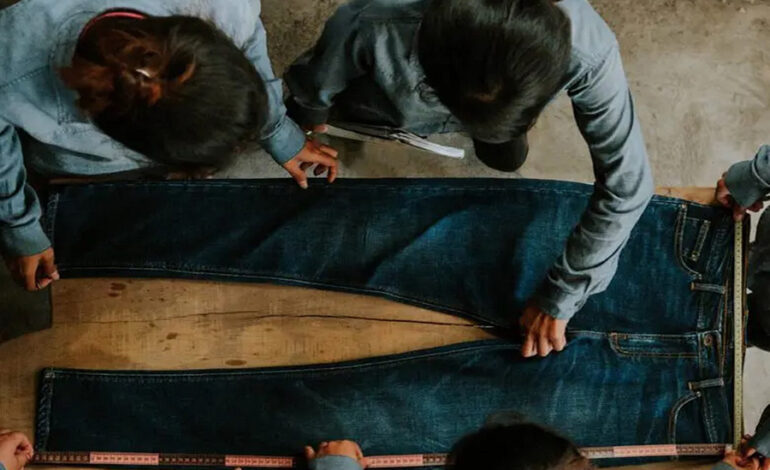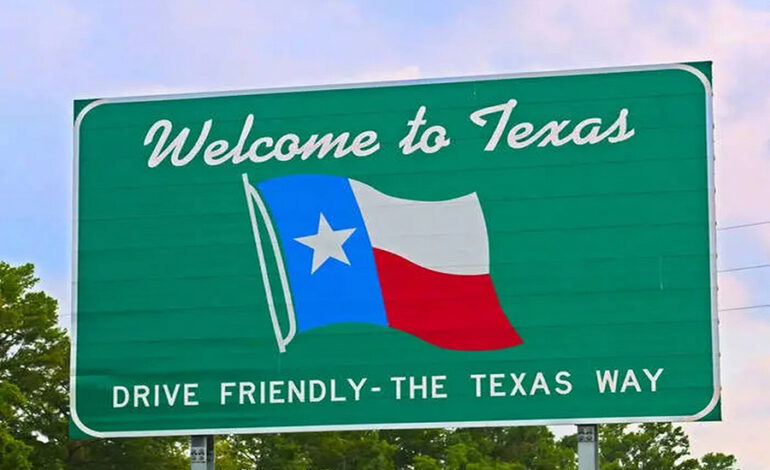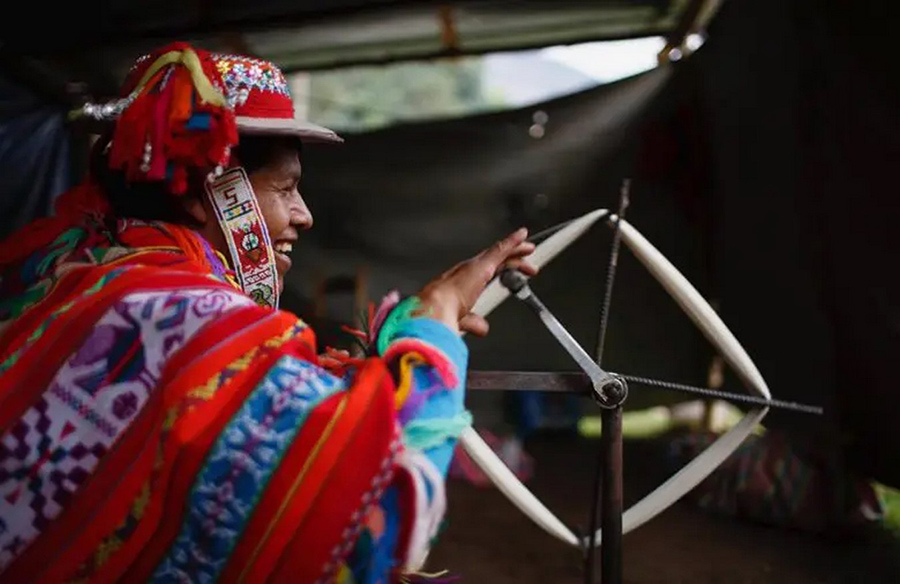Empowering Ethical Practices: 15 Brands Taking Ownership of Their Factories

Introduction
In the labyrinth of fashion production, the concept of transparency often remains an elusive ideal. Numerous brands rely on intricate networks of manufacturers, involving different entities for materials, dyeing, and garment assembly. Identifying every player in this complex supply chain proves challenging, making it difficult for brands to ensure ethical practices at every stage. However, some brands choose a distinctive path — owning and operating their own factories. This decision, though rare, provides brands with unprecedented insight and influence over the treatment of workers in their supply chain.
The Ethical Edge of Factory Ownership
While establishing and managing a factory demands a substantial upfront investment of time and capital, the ethical benefits for both workers and communities are significant. Brands with their own factories possess a unique advantage: they know the individuals crafting their products and can guarantee fair treatment. The commitment to building a better supply chain often leads to higher wages, improved working conditions, and enhanced benefits compared to brands opting for the conventional route.
Key Criteria for Ethical Factory Ownership
Before delving into brands that own and operate their own factories, it’s essential to know what to look for in their practices:
- Living Wages: Brands with their own factories can directly control the wages of their workers. Look for brands that commit to paying living wages and transparently disclose the specifics.
- Thoughtful Benefits: Full control over factories allows brands to offer tailored benefits. Check for health benefits, education and training programs, wellness initiatives, and measures to enhance the work environment.
- Environmental Tech: Ethical factory owners often integrate on-site renewables and waste reduction measures. Brands committed to sustainability may highlight features like solar panels and other eco-friendly initiatives.
- Certifications and Commitments: Brands supporting positive social and environmental practices may hold certifications like B-Corp, participate in initiatives like 1% for the Planet, or undergo third-party assessments by organizations like the Fair Wear Foundation.
- Additional Transparency: Direct ownership of factories necessitates collaboration with secondary suppliers. Brands should provide information on the materials and components used in their products.
Top Picks: Brands with Their Own Factories
Fashion Brands
- American Giant: USA-based, offering American-made cotton garments, emphasizing community support and skill development.
- The Summer House: Indian brand producing dresses and blouses in its Bangalore studio, focusing on fair wages and training.
- Studio JUX: Dutch brand manufacturing in Kathmandu, Nepal, using Nepali hydropower, paying living wages, and emphasizing salaried employment.
- Todd Shelton: American brand with a New Jersey factory, crafting made-to-order basics, and inviting customers to witness the production process.
- Saint James: French brand preserving knitting craftsmanship in Normandy, offering a heritage experience for customers.
Denim Brands
- Hiut Denim: Welsh brand reviving denim manufacturing in Cardigan, employing skilled experts and providing jobs to ‘grand masters.’
- Outland Denim: Australian denim brand with a Cambodian factory, prioritizing living wages, comprehensive training, and education programs.
- Blackhorse Lane Ateliers: London-based brand making selvedge denim jeans, employing local machinists, and fostering a community space.
Shoe Brands
- Rothy’s: San Francisco-based brand with a Dongguan, China factory, knitting shoes from recycled plastic thread, fostering a positive work environment.
- Nisolo: Nashville-based brand producing 70% of its leather shoes in Trujillo, Peru, paying living wages, providing financial literacy training, and salary advances.
Bag Brands
- Behno: New York-based brand crafting leather purses at a solar-powered factory in Gujarat, India, offering fair wages, health benefits, and supporting a non-profit.
- Quavaro: Washington DC-based brand producing travel bags and totes at its factory in Guanajuato, Mexico, emphasizing humane working hours and extensive benefits.
Jewelry Brands
- Boma Jewelry: Seattle-based fine jewelry brand with a factory in Thailand, paying a local living wage, providing extensive benefits, and committed to sustainability.
- Catbird: Brooklyn jewelry store producing its line in a LEED-certified building, offering benefits, profit-sharing, and using eco-friendly materials.
- Soko: Kenyan jewelry brand partnering with artisans through a ‘virtual factory’ app, focusing on wage control, support, and training for independent artisans.
Conclusion
These 15 brands are pioneers in ethical fashion, demonstrating that owning and operating factories can lead to positive social and environmental impacts. By choosing these brands, consumers not only acquire quality products but also contribute to a more transparent, fair, and sustainable fashion industry.









